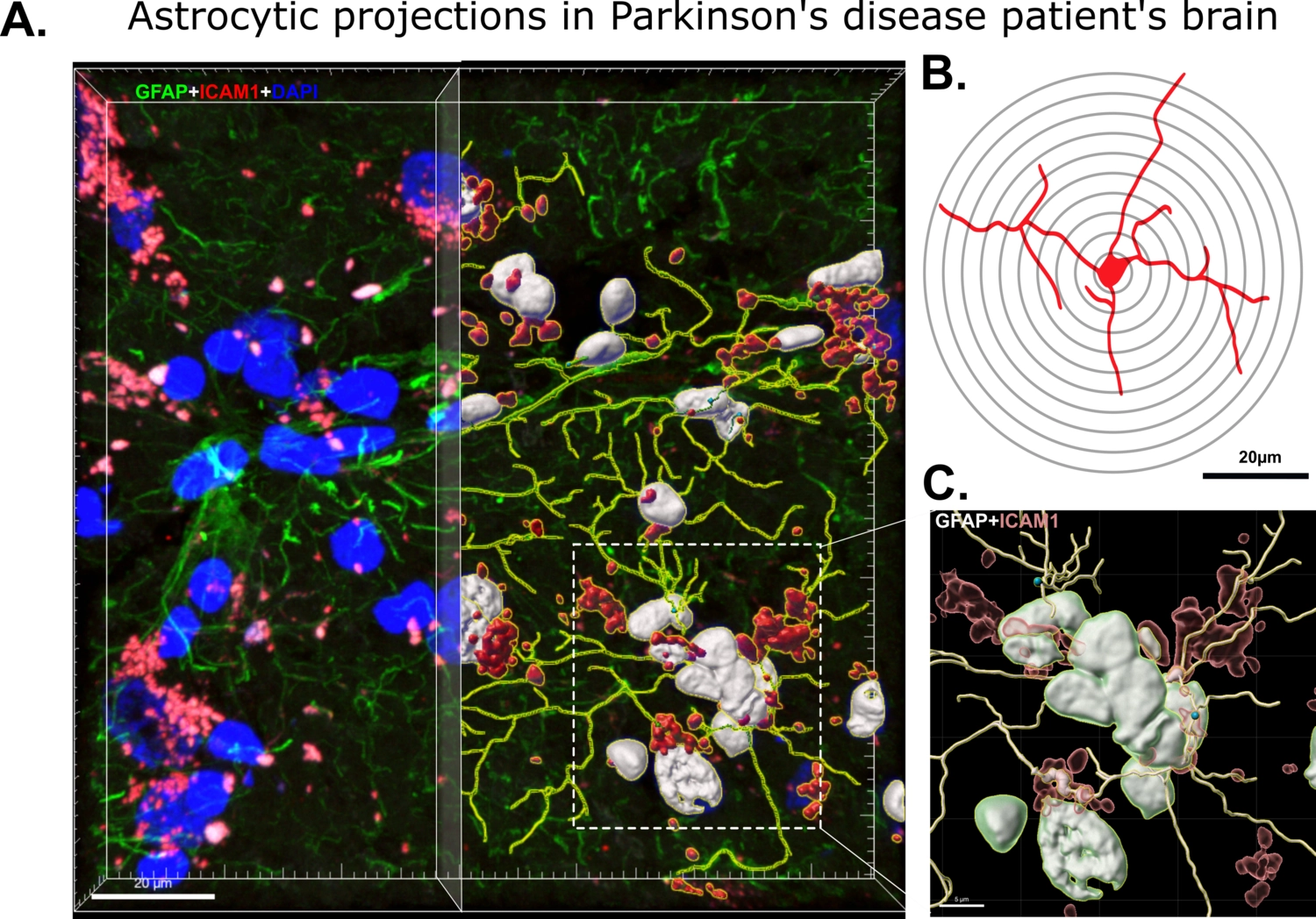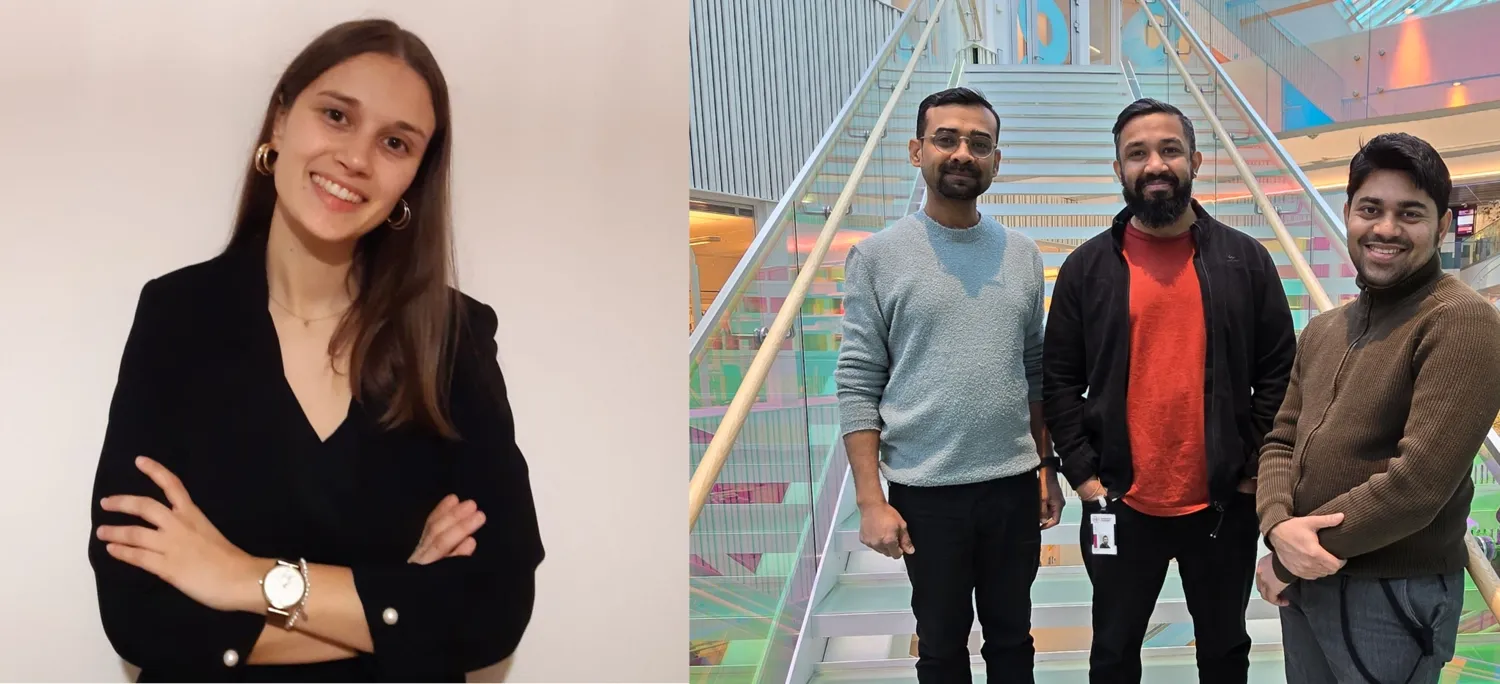Researchers at Karolinska Institutet have discovered new insights into brain changes in Parkinson's disease using advanced imaging techniques.
A recent study by scientists at Karolinska Institutet, published in Alzheimer's & Dementia, has provided new insights into brain changes in Parkinson's disease (PD). The research focused on reactive astrogliosis, a process involving changes in brain cells called astrocytes. These changes are believed to play a significant role in the progression of Parkinson's disease.
Understanding Reactive Astrogliosis
Reactive astrogliosis is a response of astrocytes to brain injury and inflammation. Despite its importance, the role of reactive astrogliosis in Parkinson's disease is not well understood due to a lack of specific biomarkers. Recently developed brain imaging tracers, BU99008 and Deprenyl, can help visualize these changes. However, these tracers have not been thoroughly studied in Parkinson's disease.

The research team, led by Amit Kumar from the Department of Neurobiology, Care Sciences and Society , examined brain tissue from Parkinson's patients and healthy individuals. They used techniques like radioligand binding and postmortem brain imaging to study how BU99008 and Deprenyl bind to astrocytes. This allowed them to observe reactive astrocytes in different brain regions.
Key Findings
The study found that BU99008 and Deprenyl showed distinct binding patterns in Parkinson's patient's brains compared to healthy controls. This means these tracers can map areas of reactive astrogliosis. The researchers also observed significant changes in astrocytic markers and cellular processes in the brains of Parkinson's patients.
Implications for Parkinson's Disease Research
"These findings are crucial as they provide a better understanding of the role of reactive astrogliosis in Parkinson's disease," says Amit Kumar. "By using these novel tracers, we can now study these changes in greater detail, which could lead to new diagnostic interventions and treatments."
The study highlights the potential of BU99008 and Deprenyl as valuable tools for Parkinson's disease research. The researchers hope their work will lead to further studies and new therapeutic strategies for Parkinson's disease.

Future Research
The team plans to continue their research to explore how inflammation in Parkinson's disease contributes to these brain changes. They aim to further explore the specific and novel inflammatory markers identified in this study and investigate their role in disease progression. Further studies are needed to confirm these findings and validate the reliability of BU99008 and Deprenyl as markers for reactive astrogliosis in Parkinson's disease.
"We are excited about the potential of these imaging tracers to advance our understanding of Parkinson's disease," adds Kumar. "Our goal is to develop strategies that can help manage and treat this condition more effectively."
This study was financially supported by the Swedish Alzheimer Foundation (Alzheimerfonden), Gamla Tjänarinnor Foundation, Gun and Bertil Stohnes Foundation, Magnus Bergvalls Foundation, the Swedish Dementia Foundation (Demensfonden), Stiftelsen Sigurd och Elsa Goljes Minne, ÅHLÉN- STIFTELSENS, Tore Nilsons Stiftelse för Medicinsk Forskning, the Alzheimer's Association USA (AARF-21-848395), Loo and Hans Osterman Foundation for Medical Research, Gunvor och Josef Anérs stiftelse, Karolinska geriatrics foundation, and the private initiative "Innovative ways to fight Alzheimer's disease-Leif Lundblad Family and others.
Publication
"Mapping reactive astrogliosis in Parkinson's brain with astroglial tracers BU99008 and Deprenyl: New insights from a multi-marker postmortem study" , Filipa M. Rocha, Avishek Roy, Mukesh Varshney and Amit Kumar, Alzheimer's & Dementia, online 12 February 2025.







